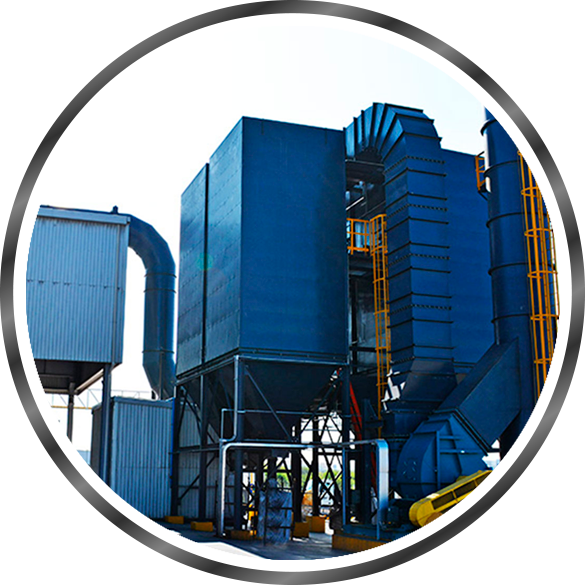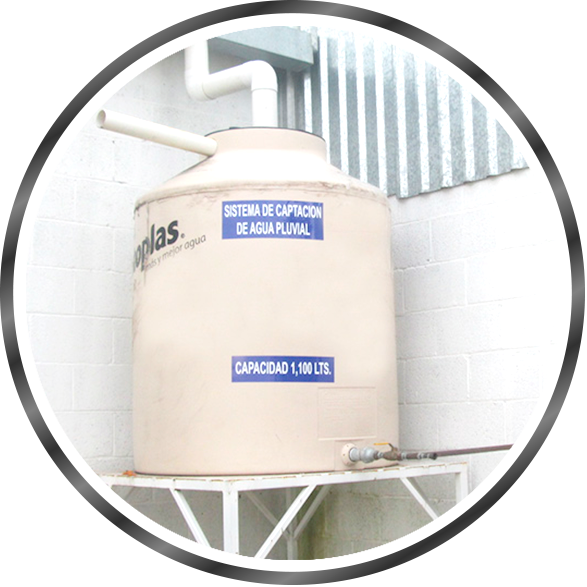Air Quality
Nowadays, our BAG HOUSE plant has mechanisms to reduce the pressure and temperature of gases, as well as the reduction, control and mitigation of environmental impacts through purifying devices. Gases generated in the foundry process are collected and conducted by a system of pipes to be treated before being released. By taking these measures at TST NIKKEI we position ourselves as a responsible company and reinforce the commitment we have with our society and the environment.
TST Nikkei Metales in its commitment to society and the environment, keeps within its objectives the reduction of environmental impact in daily work. As part of these actions TST Nikkei Metals has a system for the control of emissions to the atmosphere "Bag House", which manages to contain up to 90% of the polluting particles generated in the melting process.

Waste Management
Conservation of natural resources: The production of primary aluminum uses various natural elements: bauxite, coal, natural gas, crude oil, among others. For every ton of aluminum thrown away, it is necessary to extract four tons of bauxite. By recycling aluminum, we contribute to the conservation of this and all the elements by not needing them again for its production.
Reduction in soil and water pollution: The production process for the transformation of virgin elements into metal consumes large amounts of energy and generates waste that contaminates soil and water, which are completely avoided when recycling aluminum.
Energy savings: Approximately 95% of energy is saved by producing recycled aluminum compared to the amount used during the production of primary aluminum.
Reduction in CO2 emissions: The recycling process produces only 5% of carbon dioxide emissions compared to the amount generated during the production of primary aluminum, to this percentage is also added the emission savings during the extraction cycle and transportation to the production plant.
Recycling is one of the most important processes that contribute to the care of the planet.

Water Quality
A method for reducing the exploitation of water tables is the use of rainwater. Harvesting rainwater is an innovative alternative for water supply for almost any use.
TST, interested in the use of natural resources, has implemented a rainwater recollection system which recovers 1,100 liters of water for each rainfall, which are used to irrigate the green areas within the plant.
The implementation of rainwater recollection translates to the following environmental benefits:
- Restore the depleted aquifers.
- Conservation of drinking water reserves (aquifers, rivers, lakes, wetlands).
- It promotes a culture of conservation and optimal use of water.
- Reduce the volume of potable water used in non-potable applications (sanitary) or for human consumption (watering the garden).


